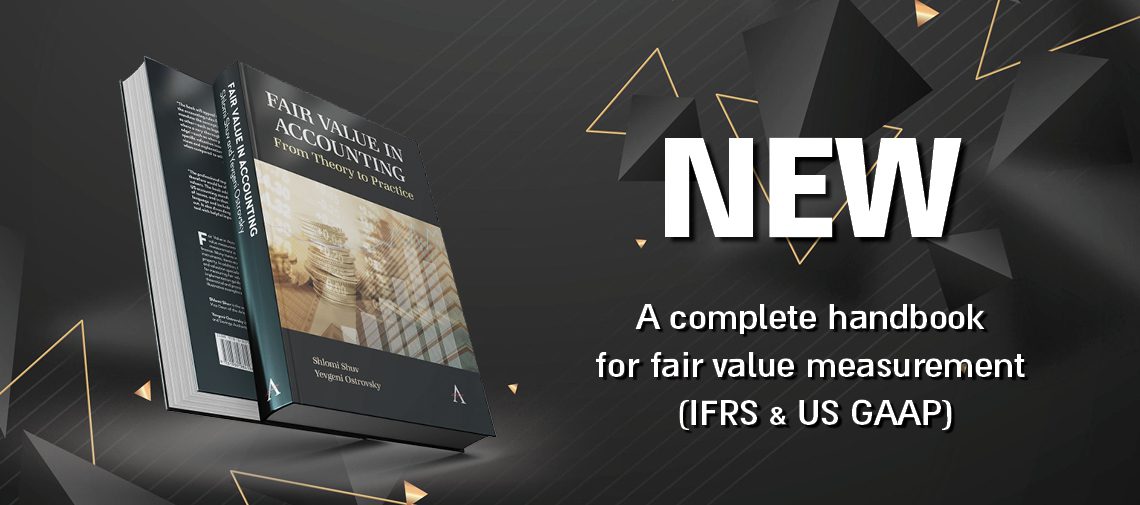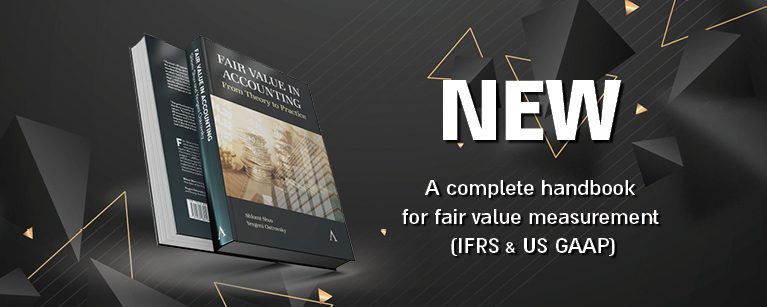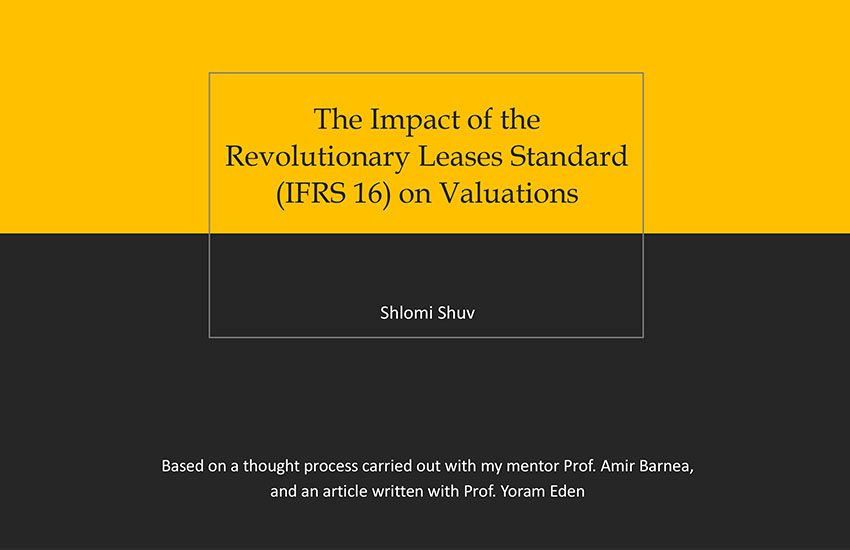

Advancing Toward an Economic Principle for Cash Flow Reporting: How to Prevent Distortions and Manipulations in the Statement of Cash Flows
The statement of cash flows currently contains numerous distortions resulting from a view that the presentation of cash flows is merely a technical exercise, rather than applying an economic principle. This leads to the ability to easily structure the same transactions in a different legal form and arrive at a completely different reporting result in the statement of cash flows. This can have problematic implications for each of the three categories of the statement, including potential inflation of operating cash flows. In our view, an economic principle of presenting cash flows should be applied that ignores cash flow "shortcuts", thereby providing more relevant information to investors. According to this principle, cash flows would be presented on a gross basis when the underlying transaction is a cash payment (or receipt) at the instruction, or on behalf, of the reporting entity to (or from) third parties, such as financial institutions with which
Classification Inconsistency in Equity Method Results under IFRS 18: Further Evidence—The Case of Separate Financial Statements
An IFRS Interpretations Committee staff paper provides further evidence of potential inconsistency arising from the requirement under IFRS 18 to always classify in the investing category the share of profit or loss of investments accounted for using the equity method. This unequivocal requirement in IFRS 18 has left the staff with no choice but to […]
How Should a Statement of Cash Flows be Presented Following IFRS 18
It is appropriate to undertake a fresh reconsideration of the relevance of the current structure of the statement of cash flows to meet investors' needs that have evolved over the years. These needs are further highlighted considering the change in the structure of the statement of profit or loss in accordance with IFRS 18. The model we propose creates full coherence between the statement of cash flows and the new statement of profit or loss. The core of the proposed reform focuses on the operating category, which will be prepared using the direct method and will include two sections: the first represents the cash flows from operating activities as it is today (excluding taxes). The second section includes cash flows for investments in operating assets, that is, payments for the purchase/investment in assets used in operating activities, as well as receipts from their disposal. Additionally, we recommend requiring a disclosure
The Crypto Industry: Current Accounting Standards Lead to Inflated Statement of Profit or loss
Companies engaged in crypto asset trading that are publicly traded in the United States currently report their revenue from trading in crypto assets on a gross basis, under both IFRS and US GAAP. This reporting stems from the accounting principle of control over assets, which has been adopted in both Frameworks as the basis for distinguishing between gross reporting (principal) and net reporting (agent). Crypto industry companies argue that this form of reporting leads to inflated revenue and cost of sales, resulting in minimal gross profit margins that completely contradict their business model, which generates profit from fees and spreads. To prevent loss of relevance to the point of misleading investors, we believe that global standard-setting bodies should amend the rules on this matter, similar to the intervention implemented approximately a year and a half ago in the United States (and, we believe, should be implemented in IFRS as well)
Inherent Distortion in IFRS 18: the Expected Impact on Operating Results of Companies Whose Main Business Activity Includes Investing in Associates and Joint Ventures Accounted for Using the Equity Method
Companies that Invest in associates and joint ventures accounted for using the equity method as part of their main business activities may “fall between the cracks” under IFRS 18. This could be the case, for example, with holding companies, developers in the renewable energy sector and companies that expand their global operations through local partners […]












